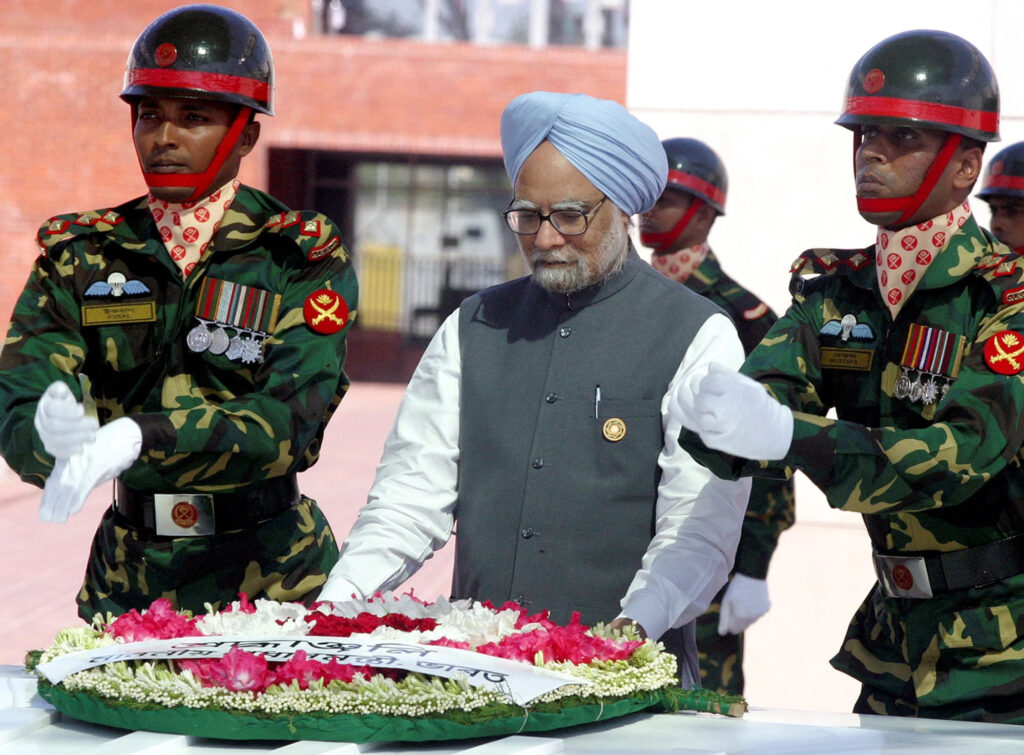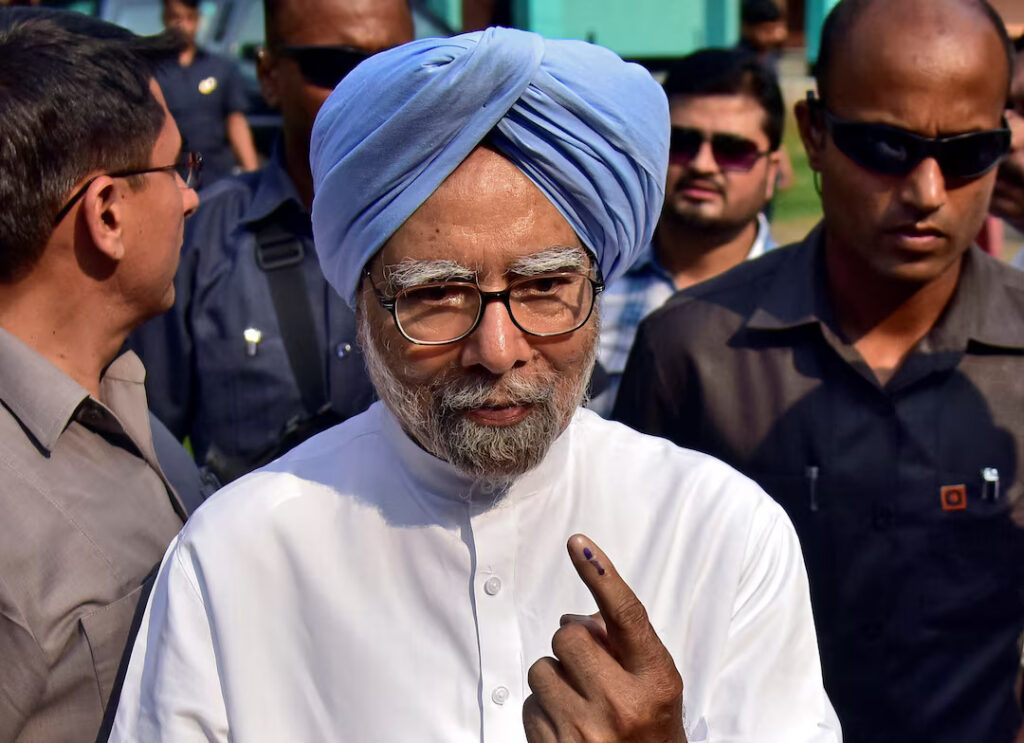Manmohan Singh, India’s first Sikh prime minister and a pivotal figure in the nation’s economic transformation, passed away on Thursday at the age of 92. Known as a “reluctant king,” Singh served as prime minister from 2004 to 2014, leaving behind a legacy of economic reforms and inclusive governance.

Manmohan Singh is credited with leading India through an era of unprecedented economic growth. Under his stewardship, hundreds of millions were lifted out of poverty, and India cemented its position as a global economic player.
Prime Minister Narendra Modi expressed condolences, stating, “India mourns the loss of one of its most distinguished leaders.”
Born into a modest family in a region of British-ruled India that is now part of Pakistan, Singh’s early life was marked by perseverance. He studied by candlelight, eventually earning a place at Cambridge University and later completing a doctorate at Oxford, focusing on the role of exports and free trade in India’s economy.
In 1991, Singh emerged as the architect of India’s economic liberalization during his tenure as finance minister. Facing a balance of payments crisis, he introduced reforms that opened India’s economy to global markets, deregulated industries, and set the stage for rapid growth.
Quoting Victor Hugo in his first budget speech, Singh famously remarked, “No power on earth can stop an idea whose time has come,” referring to India’s rise as a major economic power.

In 2004, Singh was unexpectedly chosen by Congress Party leader Sonia Gandhi to lead the country. Gandhi, wary of political attacks on her Italian heritage, declined the prime ministership despite her party’s victory and entrusted Singh with the role.
Singh’s tenure coincided with a period of robust economic growth. His government introduced transformative welfare schemes, including a rural job guarantee program, and brokered a landmark nuclear deal with the United States in 2008, bolstering India-U.S. relations.
Despite his achievements, Singh’s leadership faced challenges. Political wrangling within the Congress Party and demands from coalition partners often stalled his reform agenda. In his second term, Singh faced criticism over corruption scandals involving members of his government, although his personal integrity remained unquestioned.
The latter years of his tenure saw economic growth falter amid global economic headwinds and policy stagnation. In 2014, the Congress Party suffered a decisive defeat to the Bharatiya Janata Party under Narendra Modi, who campaigned on promises of economic revival and anti-corruption measures.
Known for his simple lifestyle and unwavering honesty, Singh remained respected both at home and abroad. Reflecting on his tenure, Singh remarked shortly before leaving office, “I honestly believe that history will be kinder to me than the contemporary media or, for that matter, the opposition parties in parliament.”
Singh is survived by his wife and three daughters.



